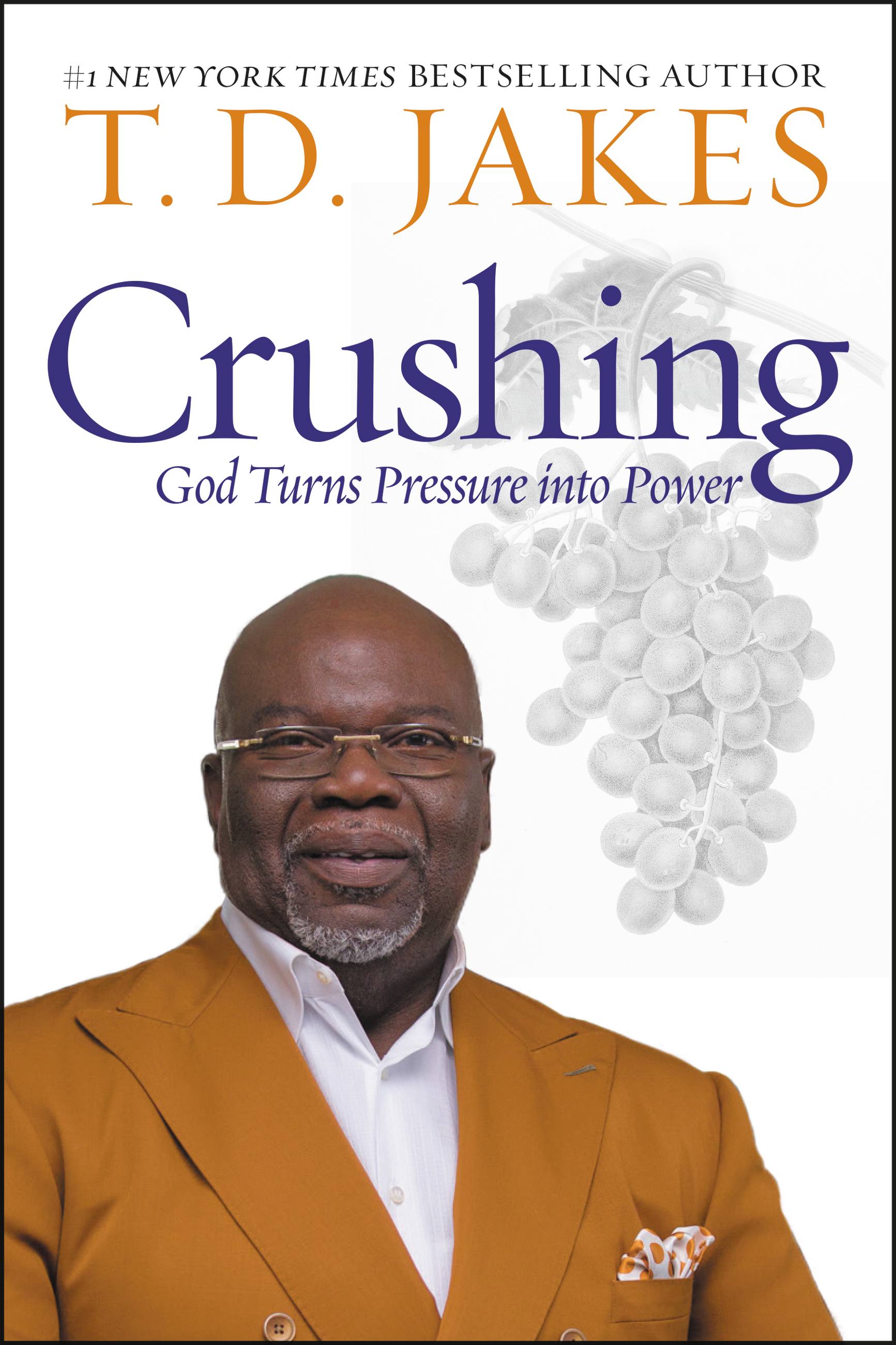Writings on Reconciliation and Resistance
by Will D. Campbell
2020-04-23 13:59:36
Writings on Reconciliation and Resistance
by Will D. Campbell
2020-04-23 13:59:36
Description: If prophets are called to unveil and expose the illegitimacy of those principalities masquerading as the right and purportedly using their powers for the good, then Will D. Campbell is one of the foremost prophets in American religio...
Read more
Description: If prophets are called to unveil and expose the illegitimacy of those principalities masquerading as the right and purportedly using their powers for the good, then Will D. Campbell is one of the foremost prophets in American religious history. Like Clarence Jordan and Dorothy Day, Campbell incarnates the radical iconoclastic vocation of standing in contraposition to society, naming and smashing the racial, economic, and political idols that seduce and delude. In this anthology Campbell diagnoses a problem afflicting much of the church today. Zealous to make a difference in the world by acquiring the power of legislation and enforcement, Christians employ society's political science rather than the scandalous politics of Jesus. Although well-intentioned, Christians are, Campbell laments, mistakenly up to our steeples in politics. Campbell's prescription is for disciples simply to incarnate the reconciliation that Christ has achieved. Rather than crafting savvy strategies and public policies, Do nothing, Campbell counsels. Be reconciled! Yet his encouragement to do nothing is no endorsement of passivity or apolitical withdrawal. Rather, Campbell calls for disciples to give their lives in irrepressible resistance against all principalities and powers that would impede or deny our reconciliation in Christ--an unrelenting prophetic challenge leveled especially at institutional churches, as well as Christian colleges and universities. In sermons, difficult-to-access journal articles, and archival manuscripts, Campbell then develops what reconciliation looks like. Being the church, for example, means identifying with, and advocating for, society's least one-including violent offenders, disenfranchised minorities, and even militant bigots. In fact, in Campbell's ordo the scorned sectarian and disinherited denizen is often closer to the peculiar Christian genius than are society's well-healed powerbrokers. Disciples seeking to discern their calling can hardly do better than taking direction from this bootleg, pulpitless preacher. Endorsements: Will Campbell still has much to teach us all. Quirky and courageous, Christian and contrarian, his life of love and labor on behalf of civil rights-and plain civility to those in need-deserves a wider hearing than it usually receives. Many thanks to Richard Goode for spreading the word. --Douglas A. Sweeney, Trinity Evangelical Divinity School In this remarkable collection, Will Campbell unmasks the 'powers that be,' envisions an alternative order, and calls Christians to radical practices of resistance and reconciliation. The witness in these pages will call forth many adjectives: 'Unrealistic!' 'Outrageous!' 'Scandalous!' 'Shocking!' 'Foolish!' Most often, however, another word is best: Gospel. Unsettling and essential reading for contemporary Christians. --Charles L. Campbell Duke Divinity School Will Campbell was supposed to be a Southern Baptist minister, a farmer, a docile rower of the white church's missionary boat; instead, he became a guerilla Protestant comforting the afflicted and afflicting the comfortable across the South and beyond. He still preached, but seldom beneath the steeples . . . Historian Richard Goode, a close observer of Will Campbell's ministry and writings, has selected and introduced in this volume a distillation of the man's best work, and organized it into the two most compelling frames of Campbell's life: reconciliation and resistance. If they seem contradictory, well, so is Campbell, and the church, and the world. --John Egerton author of The Americanization of Dixie About the Contributor(s): Will D. Campbell was a Baptist preacher in Taylor, Louisiana, for two years before taking the position of Director of Religious Life at the University of Mississippi from 1954 to 1956. Forced to leave the university because of his ardent Civil Rights participation, Campbell served on the National Council of Ch
Less






















.jpeg)
.jpg)






